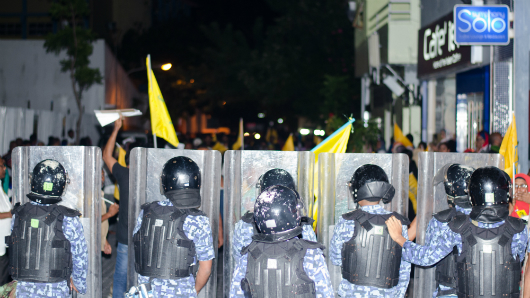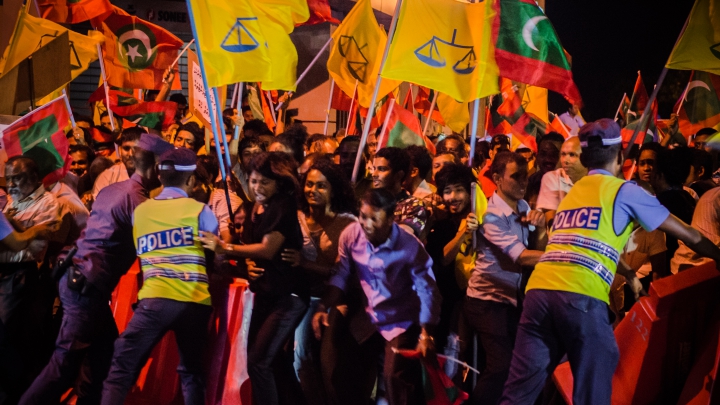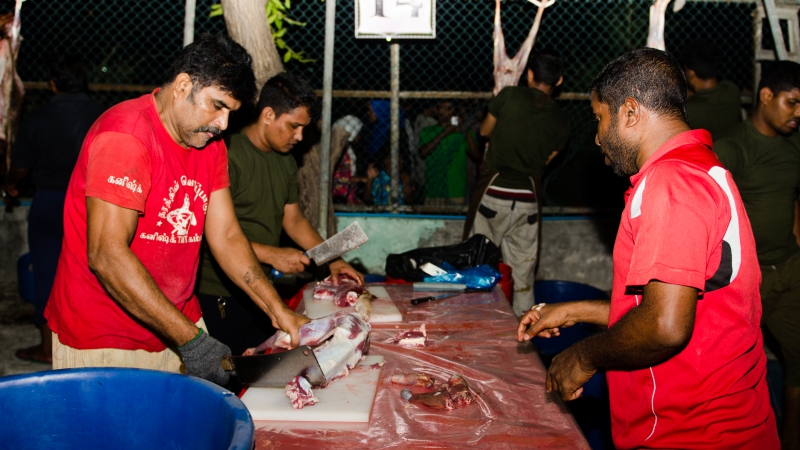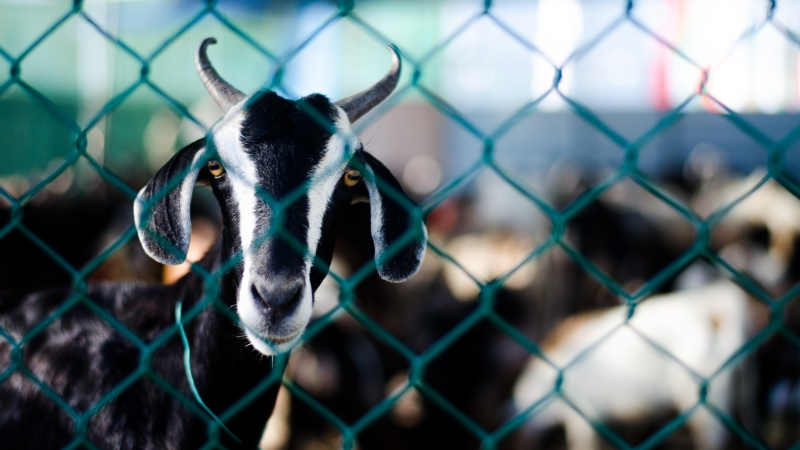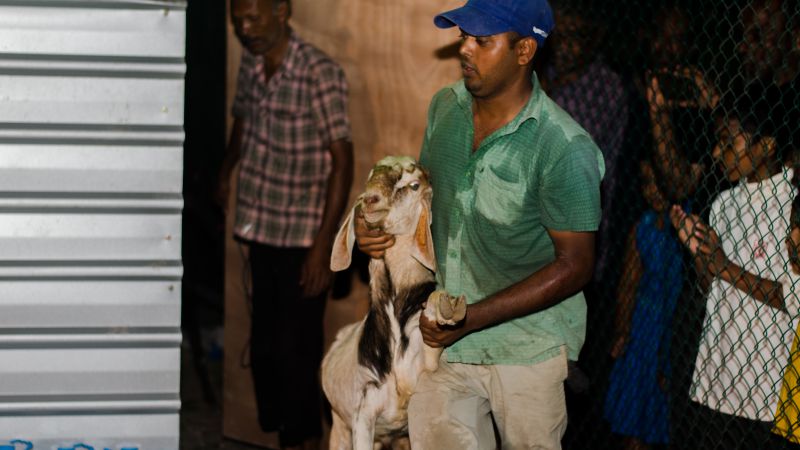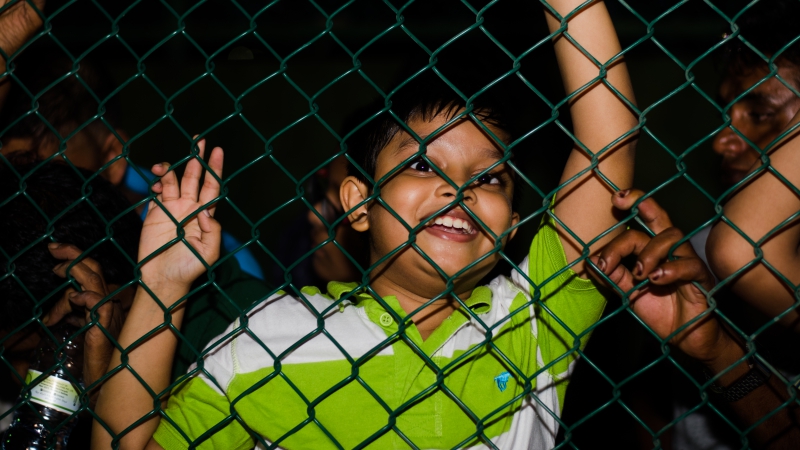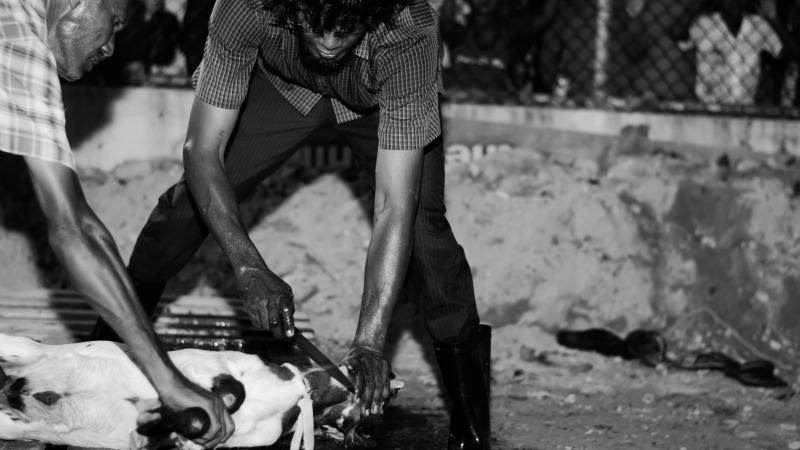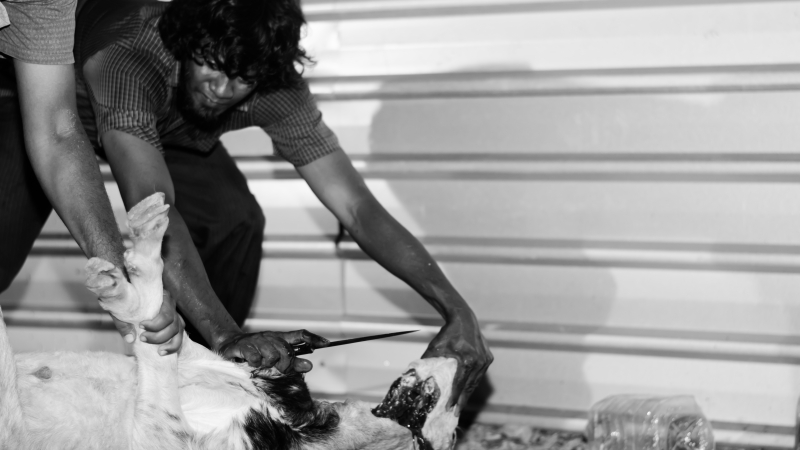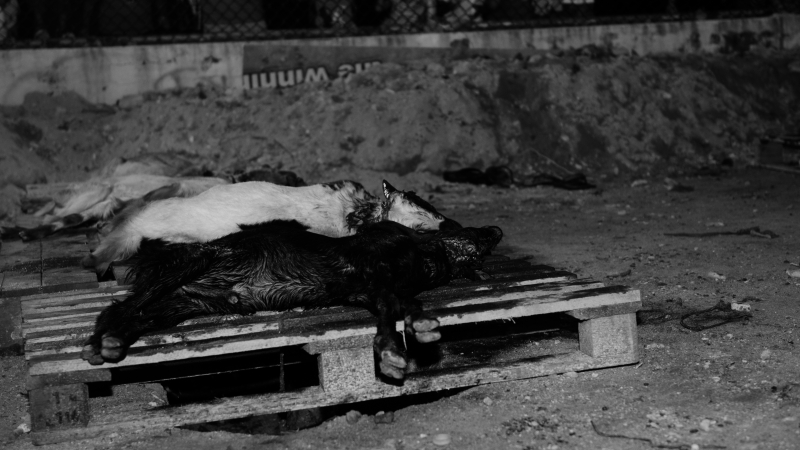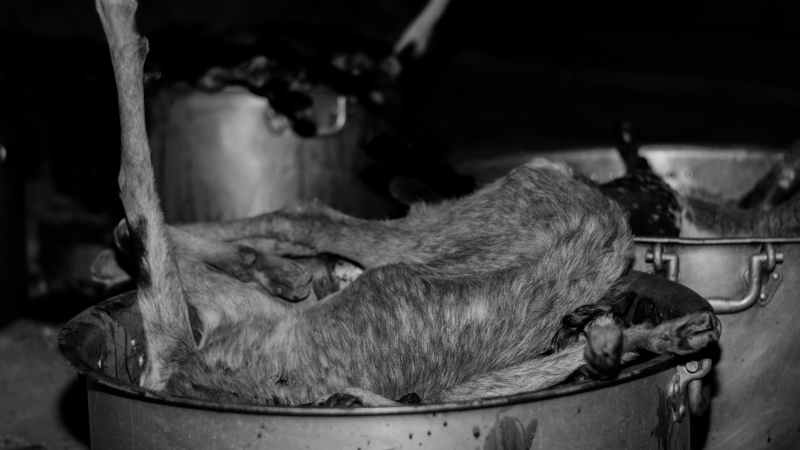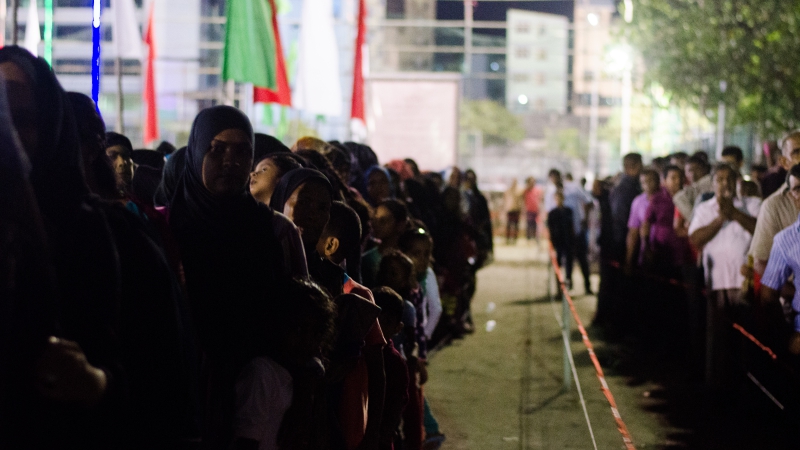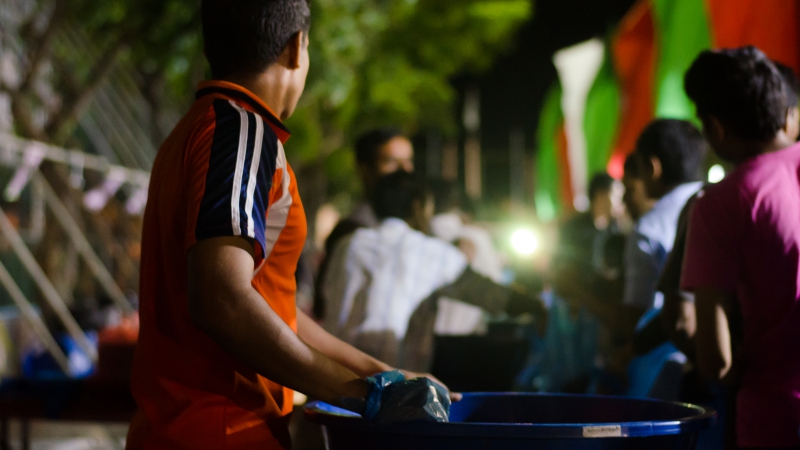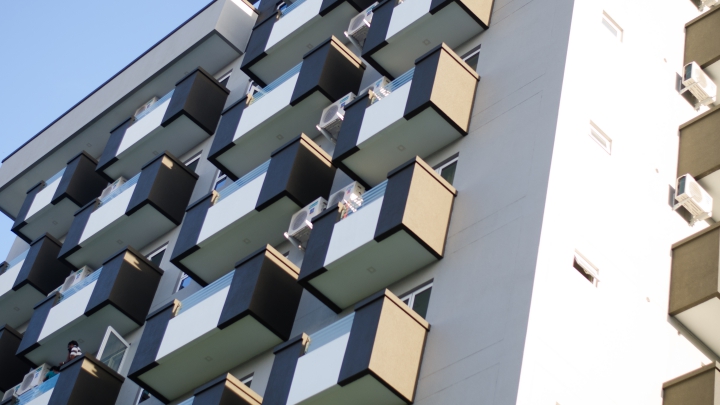The anti-corruption watchdog has proposed including ‘illicit enrichment’ as a criminal offence in the new penal code to combat what is seen as endemic corruption in the public sector.
The absence of a legal framework to investigate claims against state employees and probe sources of income amounts to “completely ignoring and not criminalising one of the main acts of corruption,” the Anti-Corruption Commission (ACC) said.
An overwhelming majority of Maldivians believe corruption is a major problem among public officials, according to Transparency International surveys, while the opposition accuses the government of making little progress on the issue.
The watchdog on March 31 submitted 13 amendments to the Attorney General’s Office for inclusion in the penal code, which is due to come into force on April 13.
The commission said the UN Convention Against Corruption encourages the criminalisation of illicit enrichment, which is an offence in some 42 countries, including China, Argentina, Bhutan, Malaysia, and India.
The Maldives is a signatory to the convention, which defines the offence as “a significant increase in the assets of a public official that he or she cannot reasonably explain in relation to his or her lawful income.”
A penal provision for illicit enrichment would “encourage the implementation of the system for wealth declaration in its fullest sense,” the commission said.
Opposition Maldivian Democratic Party (MDP) spokesperson Imthiyaz Fahmy told Minivan News the party believes strengthening the asset disclosure system is important as there is no mechanism at present “to check how a person suddenly becomes rich”.
“There are ministers in this government who did not have anything when they were appointed to the cabinet but suddenly became billionaires,” he alleged.
However, the MP for Maafanu North questioned whether the government would submit the amendments to parliament.
“We don’t believe this government would do anything sincerely,” he said, adding that this was based on its record of moves such as a law barring prisoners from political party leadership, widely seen as aimed at ex-president Mohamed Nasheed.
Asset disclosure
Anti-corruption NGO Transparency Maldives suggested in December that an effective asset disclosure regime would improve public trust in state officials.
In TM’s 2013 Global Corruption Barometer Survey for the Maldives, 97 percent of respondents believed corruption was a serious problem in the public sector.
“Asset declaration generally requires a certain category of public officials – also identified as ‘politically exposed persons’ to describe individuals entrusted with prominent public functions – to disclose their financial and business interests,” TM said in a position paper.
An asset disclosure system can detect corruption, demonstrate the government’s commitment to fight corruption, and help make officials accountable, the NGO said.
The constitution requires the president, ministers, MPs, and judges to submit annual declarations to the auditor general, the People’s Majlis, and the Judicial Services Commission, respectively. However, the information is not available to the public.
While MPs annually declare property, business interests, and liabilities to the Majlis secretary-general, the financial statements are not made public.
The former auditor general told TM that a lack of punitive measures for those failing to submit information rendered the system ineffective.
TM noted that the current system does not require the submission of assets for spouses and children of public officials “which makes cases of illicit enrichment and conflicts of interest invisible and harder to detect.”
“Moreover, the disclosure of business and activities outside the jurisdiction of Maldives, and details of substantial gifts or benefits are also not a requirement in the current system,” stated the paper.
The report suggested that measures for non-compliance would also enhance public trust in democratic institutions.
“Implementing a strong asset disclosure regime would show the state’s commitment to fight corruption and would give a strong message to public servants, a message of zero tolerance to corruption,” said TM.

